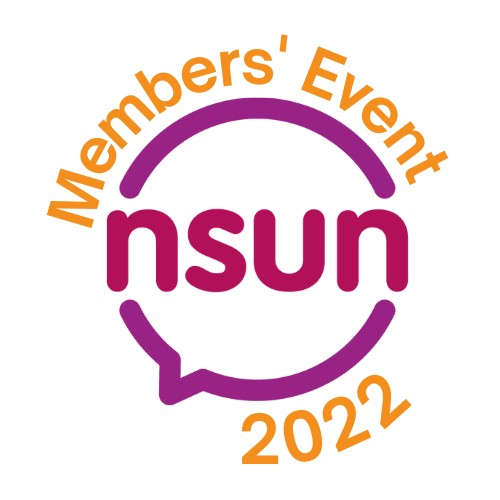15th November, 4pm-5pm
“While racism is at the heart of anti-migration narratives, mental health campaigns aiming to highlight the links between racism and health tend to forget about people who have experienced the violent racism of the asylum system. This separation between migrant justice, racial justice, and mental health issues is a pattern repeated and held by the refugee/migration sector itself, and we see similar patterns across the charity and funding sectors as a whole.” – Rose Ziaei, ‘State violence and distress: the false separation between migrant justice and mental health
Increasingly, there are conversations in mental health spaces about racial justice and the experiences of racialised groups but these conversations and programmes of work rarely include the mental health of those subject to the hostile environment. This is despite people with precarious immigration status being widely understood to experience increased levels of mental ill-health and distress. Many people with insecure status are excluded from services, and user-led community spaces can be the only source of support available.
In this discussion session, we’re bringing together people organising across mental health and migrant justice to unpack the present context and explore how we can move forward in solidarity.
Chair: Mary Sadid (NSUN)
Guests: Michaele Nagac, Jane Williams, and Munya Radzi
- This session will have British Sign Language interpretation and closed captions. Please let us know of any other accessibility requirements in the sign up form.
- This session will be recorded. For more information about this, please visit the Data page.
- We ask that attendees agree to the principles of our group agreement to keep the space as safe as possible for everyone.

Michaele Nagac (he/him)
Michaele is a BACP qualified integrative counsellor with a diverse experience working within the Filipino, Southeast and East Asian and LGBTQIA+ communities in the UK. He provides cultural and gender sensitive support in Kanlungan and the Southeast and East Asian Centre through one-to-one befriending, counselling and group support. He also organises and delivers mental health workshops and training.
He believes in the value of intersectionality when providing mental health support as a way to deepen empathy and understanding of the lived experience of migrants.
Kanlungan is a registered charity consisting of several Filipino and Southeast and East Asian community organisations working closely together for the welfare and interests of Filipino and other migrant communities in the UK. Kanlungan provides welfare, immigration and mental health support. Our current projects focuses on helping migrant women who are victims and survivors of domestic abuse and the regularisation of undocumented migrants.
Twitter: @kanlunganuk

Jane Williams (she/her)
Jane is joining us from The Magpie Project, which supports mums with children under 5 who are subject to the hostile environment.
The Magpie Project provides a safe and fun place for mums and under-fives suffering in temporary or insecure accommodation.
Twitter: @magpieprojectUK

Munya Radzi (he/him)
Munya Radzi is from Regularise, a migrant founded grassroots collective and campaign group made up of migrants and British citizens that seeks to improve the quality of life of undocumented migrants who are living in the UK by attaining basic rights and a safer and more equitable path to settlement and citizenship.
Twitter: @RegulariseUK

Mary Sadid (she/her)
Mary Sadid is NSUN’s Policy Manager, working to deliver NSUN’s rights-based policy function and a project looking at the social determinants of mental health issues.
Mary has a background in bio-social anthropology and is particularly interested in intergenerational trauma and forced migration.
Twitter: @_marysadid

